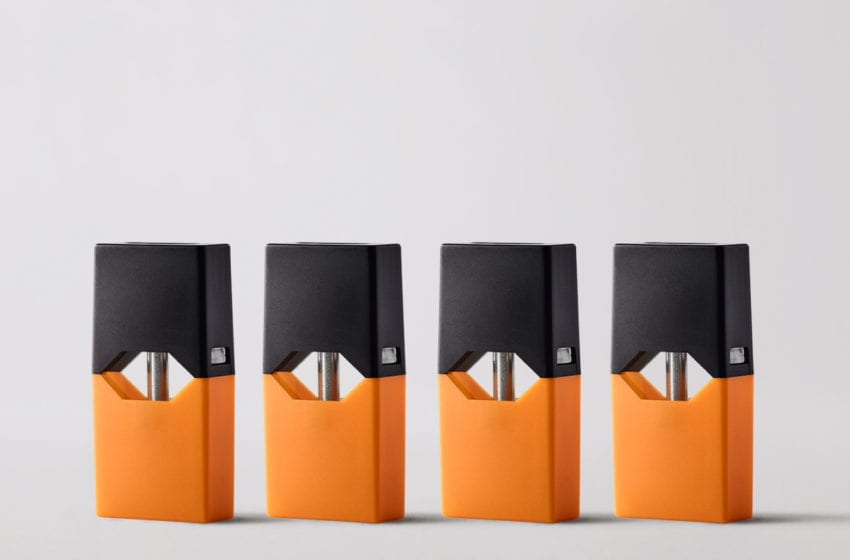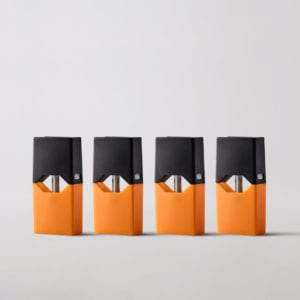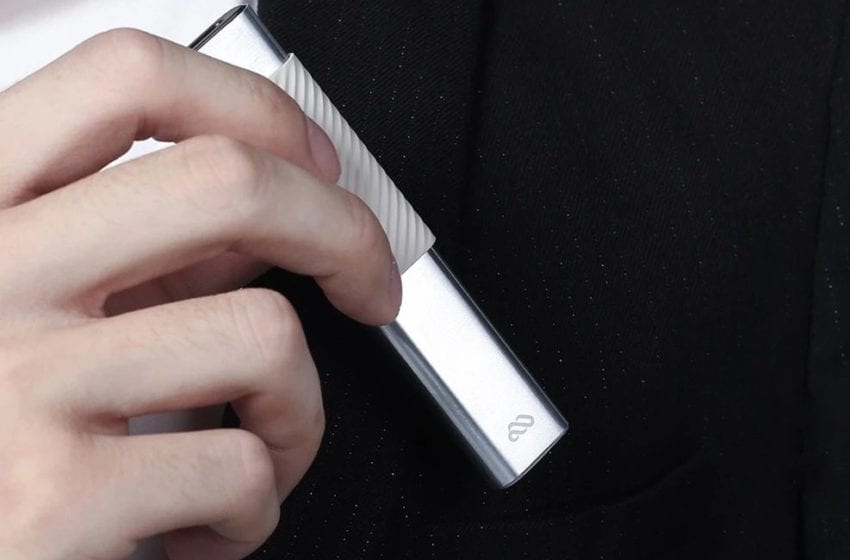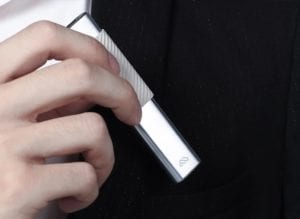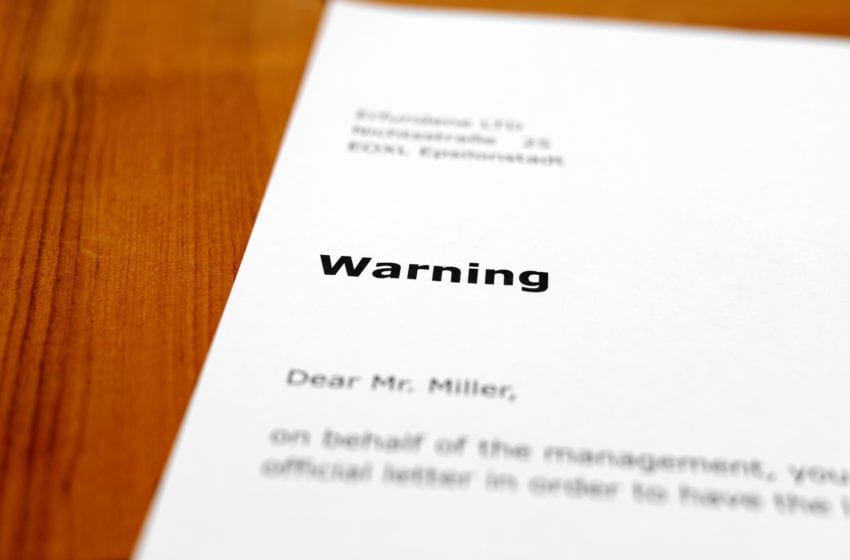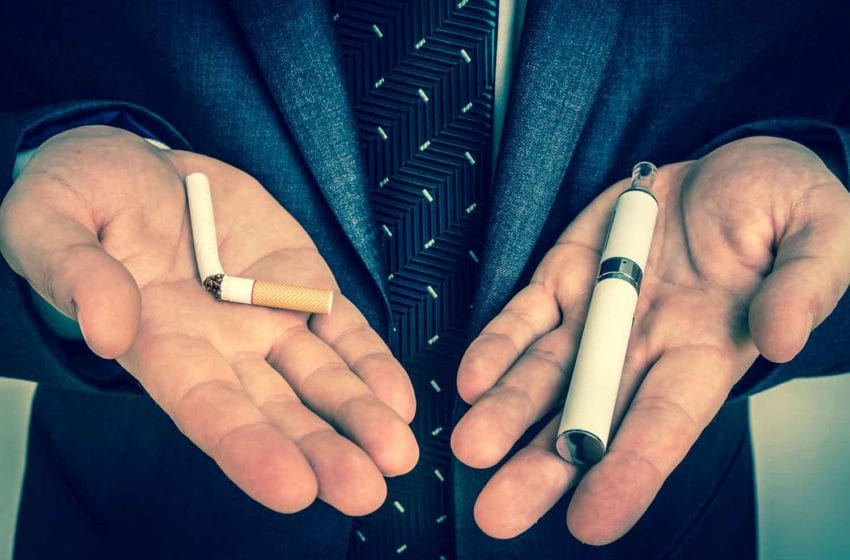The agency isn’t slowing down. In the U.S. Food and Drug Administration’s (FDA) quest to relieve the market of illegal vapor products, the regulatory agency has issued 104 warning letters since Jan. 1, 2021. The latest recipient is Texas-based The Smoker’s Alternative. The letters were sent today May, 11, and posted the FDA’s website the same day.
The FDA states that The Smoker’s Alternative did “manufacture, sell, and/or distribute to customers in the United States The Smoker’s Alternative Vanilla Custard 60 ml 3mg e-liquid product without a marketing authorization order.” In order to legally sell vaping products, a company must have submitted a premarket tobacco product authorization (PMTA) to the FDA’s Center for Tobacco Products by Sept. 9, 2020.
The FDA often only lists a product or two that a company is selling as illegal. It then states that there may be more, but it is impossible to know if the warnings encompass all the company’s registered products. The agency states that it is the responsibility of the company to only sell products with a submitted PMTA. Companies have until Sept. 9, 2021 to sell product unless the agency makes a decision on the PMTA approval or grants an extension.
:Your firm is a registered manufacturer with over 1,800 products listed with FDA,” the FDA letter to The Smoker’s Alternative states. “It is your responsibility to ensure that your tobacco products comply with each applicable provision of the FD&C Act and FDA’s implementing regulations. Failure to adequately address this matter may lead to regulatory action, including, but not limited to, civil money penalties, seizure, and/or injunction.”
Companies that receive warning letters from the FDA have to submit a written response to the letter within 15 working days from the date of receipt describing the company’s corrective actions, including the dates on which it discontinued the violative sale, and/or distribution of the products. They also require the company’s plan for maintaining compliance with the FD&C Act in the future.


